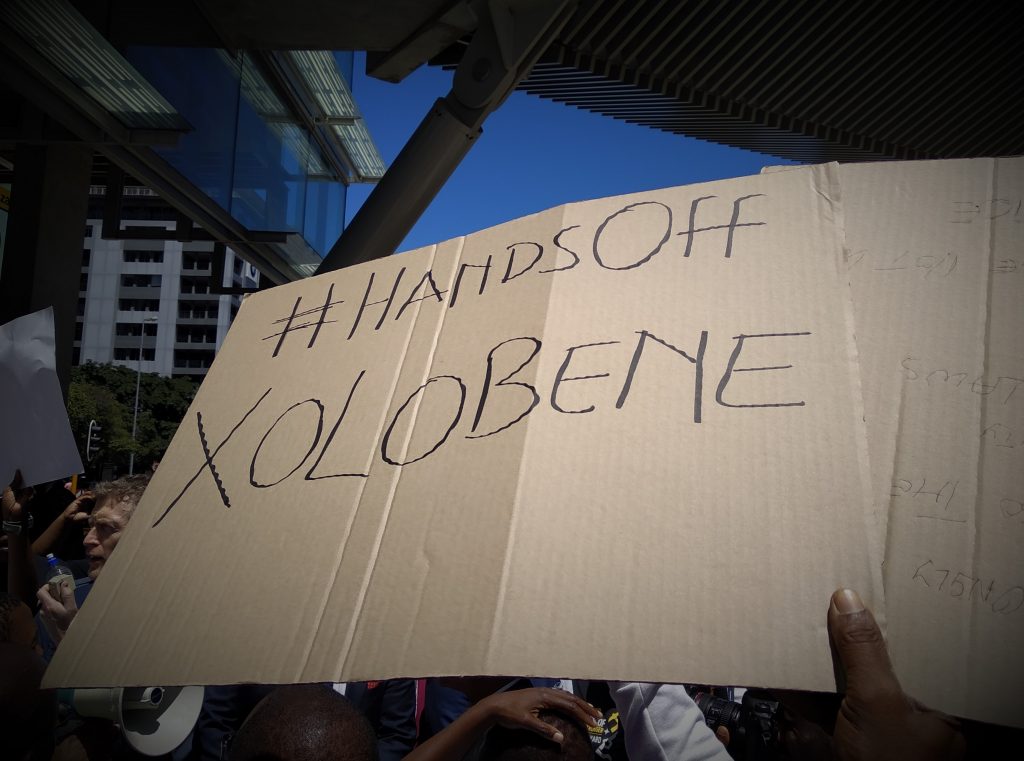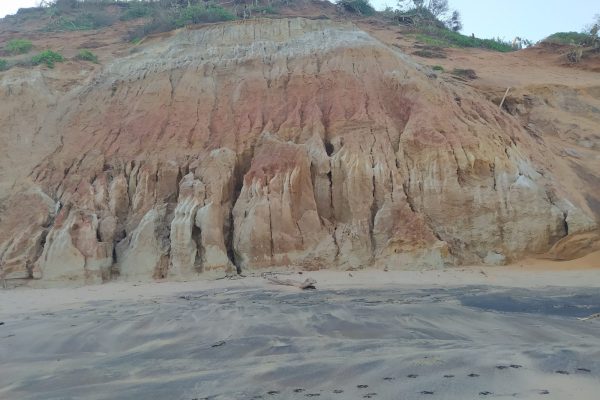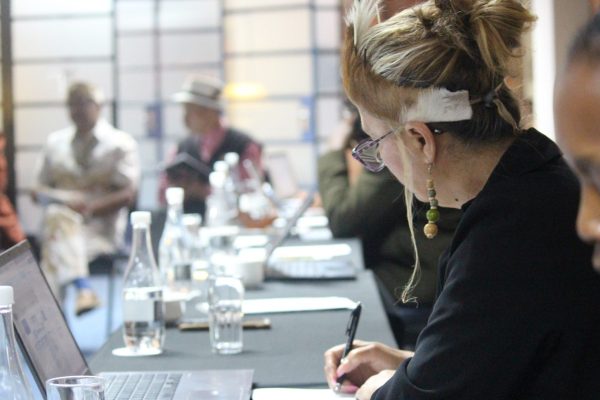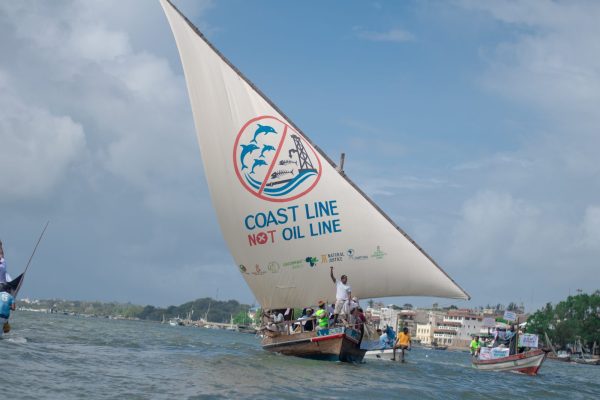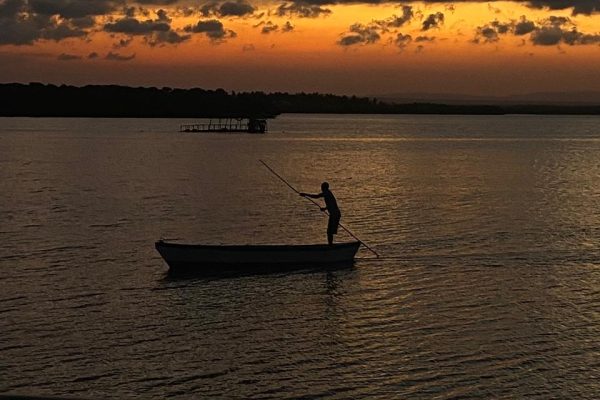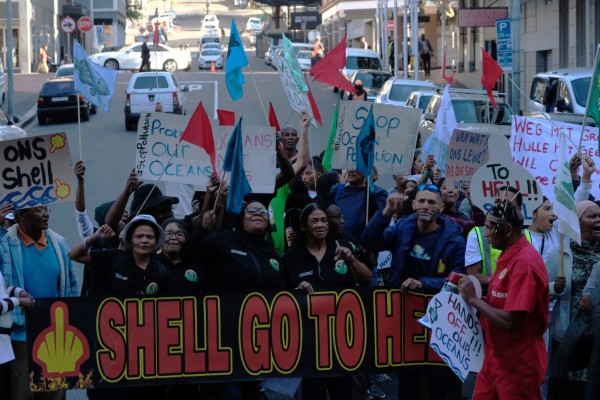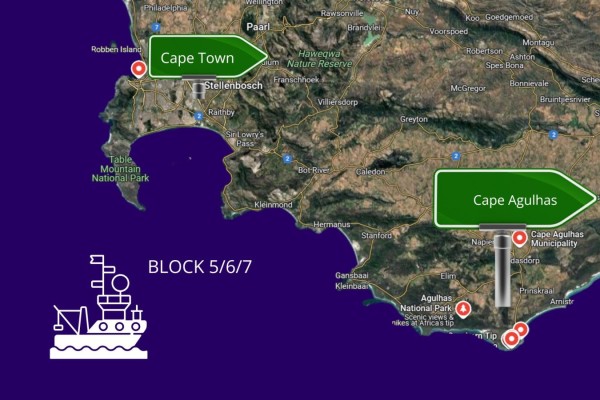Statement: Through UNEA resolution, states can show their support for Women Environmental Rights Defenders
13 March 2019: Nairobi, Kenya
__________________________________________________________________________________
Yesterday, 12 March 2019, at the United Nations Environment Assembly taking place in Nairobi, Kenya, the support for a resolution brought by Costa Rica to, “Promote gender equality, and the human rights and empowerment of women and girls in environmental governance” was a step in the right direction.
However, the failure of states to universally support a more strongly-worded Resolution, which was finally adopted after major changes to the first draft text, is unfortunate. This Resolution will be presented at a High-Level Forum of Ministers in a few days’ time, where it is expected to be passed.
The Legal Resources Centre and Natural Justice call on all states to support this resolution in full, but call on states to adopt it with the view to go above and beyond to strengthen protections for women environmental and human rights defenders within their own borders.
There is a growing momentum around ensuring there is a right to a healthy environment entrenched in global frameworks, including the post 2020 Framework under the Convention for Biological Diversity. Many defenders are being killed as they test governments around this right.
In 2018 alone, at least 312 human rights defenders were murdered, 67 percent of whom were working in defence of land and territory, resisting the destruction of their environment by large investments, extractive industries and big business. It is likely this number is much higher. For women defenders and other marginalised groups, the risks are even more acute; facing sexual assault, the threats thereof, violence to their families and intimidation and harassment.
Some of those countries that are perpetuating the worst of the violence against defenders are also those countries that refused to show universal and complete support for the Resolution, and called for intext changes which lead to its weakening.
A 2018 Front Line Defenders report shows that states have been the single biggest opponent to environmental and human rights defenders, and the criminalisation of defender’s actions have been the tool most used to undermine them.
The final Resolution text calls for the recognition of the importance of gender equality, the empowerment of women and the roles that women play as managers of natural resources and agents of change in safeguarding the environment.
However, it is important to recognise and account for the unique position of women environmental and human rights defenders. Women have been active at the forefront of land struggles. They are also the most likely to suffer from discriminatory land and environmental laws, be left out of decision-making, but feel the impacts of these most acutely. Women and girls will also be the disproportionately affected by climate change, environmental destruction and other impacts associated with resource extraction and pollution.
Berta Isabel Cáceres Flores was a Honduran environmental activist, indigenous leader, and co-founder and coordinator of the Council of Popular and Indigenous Organizations of Honduras. Cáceres, a winner of the Goldman prize for environmental defenders, was shot dead in 2016 after a long battle to stop construction of an internationally financed hydroelectric dam on the Gualcarque river, which the Lenca people consider sacred.
In South Africa, anti-mining activist and community leader Sikhosiphi “Bazooka” Rhadebe, who was the chairperson of the Amadiba Crisis Committee and an anti-mining lobbyist, was murdered in 2016, but the case has still not been solved. His peer in the Amadiba Crisis Committee, Nonhle Mbuthuma, has faced death threats, intimidation and harassment, to the point of hiring bodyguards. Nonhle, a Front Line Defenders Award Finalist, is leading the struggle against the proposed mining in Xolobeni despite an renewal of the threats in recent months.
Violence against Environmental and Human Rights Defenders is unlikely to lessen in the future without the active support of governments, civil society and coalitions. The growing demand for natural resources, together with the associated shrinking resource base, will place even more pressure on natural territories and lands across the world. This will lead to an increase in conflicts between the extractive industries, businesses and investors, and the people who live in these areas.
Despite its inadequacies, supporting and implementing this Resolution is crucial.
By signing on, states will show their commitments to the Universal Declaration of Human Rights, the United Nations Declaration on Human Rights Defenders, and the Vienna Declaration and Programme of Action; as well as their commitment to their national laws and any constitutional obligations they may have to a healthy environment.
ENDS
The Legal Resources Centre (LRC) is a public interest litigation organisation in South Africa. The LRC has championed and defended the poor, marginalised and vulnerable in pursuit of life, dignity and equality of all for 40 years.
Natural Justice: Lawyers for Communities and the Environment specialises in human rights and environmental law in Africa in pursuit of both social and environmental justice.

